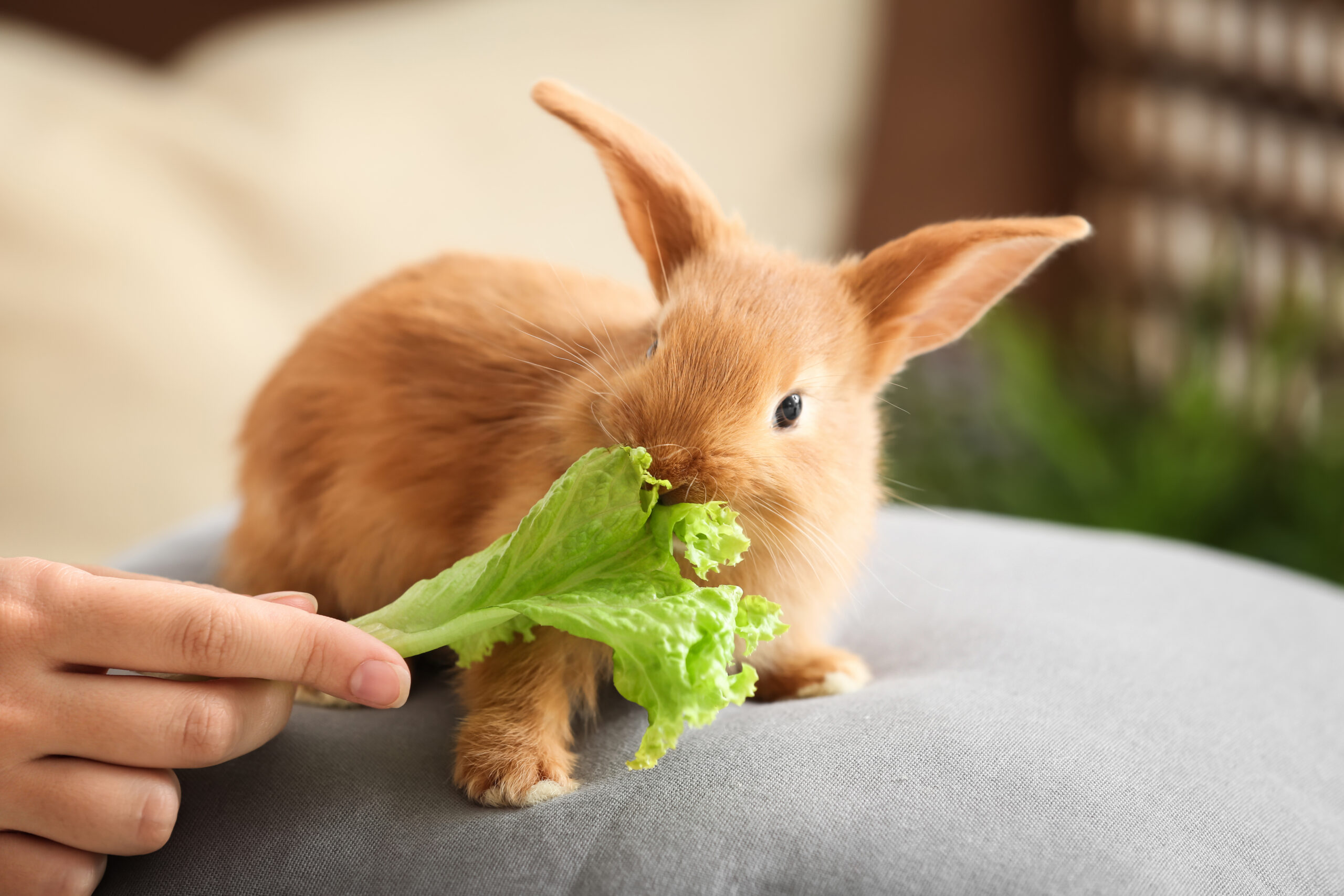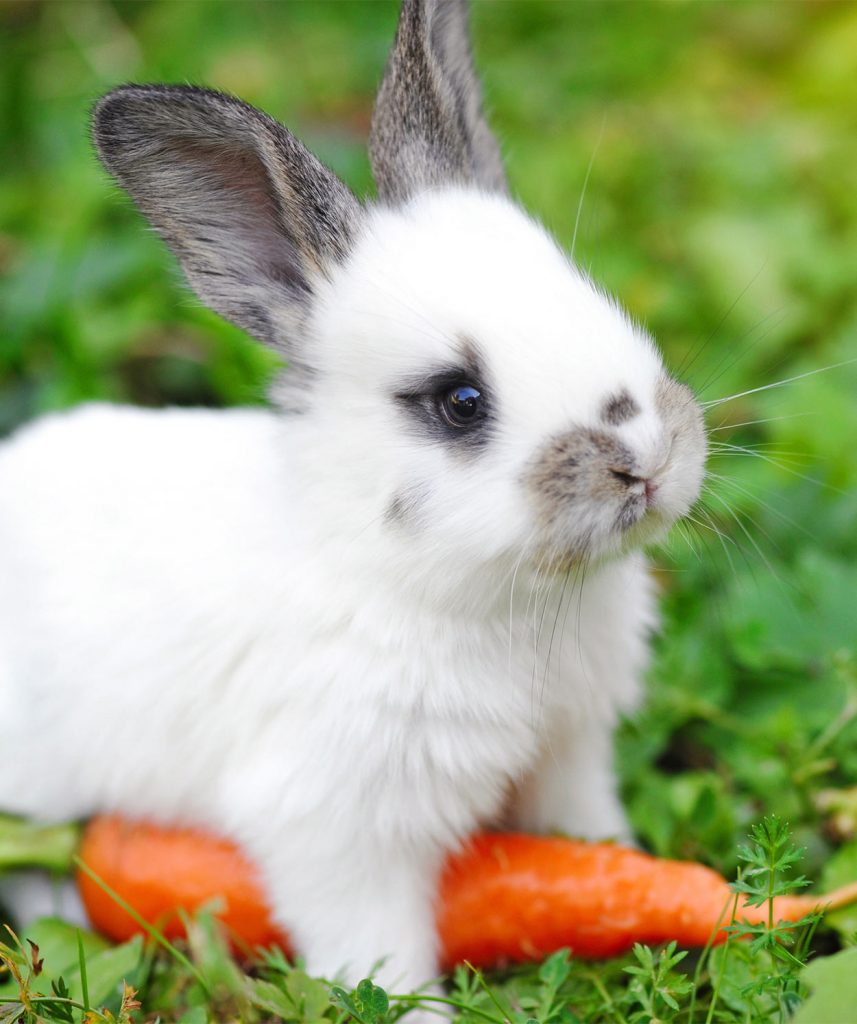Are you a proud owner of a baby rabbit? Congratulations! These adorable little creatures require special care, especially when it comes to their diet. As a responsible rabbit parent, it’s crucial to provide them with a balanced and nutritious meal. In this article, we will explore the question, “What can baby rabbits eat?” and provide you with a comprehensive guide to ensure your furry friend stays healthy and happy.

Understanding a Baby Rabbit’s Diet
Baby rabbits, also known as kits, have delicate digestive systems that require special attention. Their diet primarily consists of their mother’s milk during the first few weeks of their life. However, as they grow, it becomes essential to introduce solid foods gradually. This transition is crucial for their overall development and to prevent any digestive issues.
What Can Baby Rabbits Eat?
-
Hay: Hay is an essential component of a baby rabbit’s diet. It provides necessary fiber and helps maintain healthy digestion. Timothy hay is highly recommended for young rabbits.
-
Pellets: High-quality rabbit pellets specifically formulated for young rabbits should be introduced around the age of three weeks. These pellets contain essential nutrients and vitamins necessary for their growth.
-
Fresh Vegetables: Once your baby rabbit reaches the age of four to six weeks, you can start introducing fresh vegetables. Leafy greens like spinach, kale, and romaine lettuce are excellent choices. Remember to introduce new vegetables gradually to avoid any digestive upset.
-
Water: Hydration is crucial for baby rabbits. Make sure to provide them with fresh, clean water at all times. A shallow dish or a water bottle can be used for this purpose.
-
Fruits: While fruits can be a tasty treat for baby rabbits, they should be given in moderation due to their high sugar content. Suitable options include apples, strawberries, and blueberries. Remove any seeds or pits before offering them to your furry friend.
Feeding Schedule for Baby Rabbits
Establishing a proper feeding schedule is essential to ensure your baby rabbit receives the right amount of nutrition. Here’s a suggested feeding schedule for baby rabbits:
- Week 1-2: Mother’s milk only.
- Week 3: Introduce rabbit pellets gradually.
- Week 4-6: Start incorporating fresh vegetables into their diet.
- Week 7 and onwards: Continue with a balanced diet of hay, pellets, fresh vegetables, and occasional fruits.
Frequently Asked Questions (FAQs)
Q1: Can baby rabbits eat carrots?
Yes, baby rabbits can eat carrots. However, carrots should be given in moderation as they are high in sugar. It’s best to offer them as an occasional treat rather than a staple food.
Q2: Can baby rabbits eat lettuce?
Yes, baby rabbits can eat lettuce. However, iceberg lettuce should be avoided as it has low nutritional value. Opt for leafy greens like romaine lettuce or spinach instead.
Q3: Can baby rabbits eat bananas?
Yes, baby rabbits can eat bananas. However, bananas should be given in small quantities as they are high in sugar. It’s important to remember that fruits should be offered as treats and not as a primary food source.
Q4: Can baby rabbits eat broccoli?
Yes, baby rabbits can eat broccoli. It is a nutritious vegetable that can be included in their diet. However, introduce it gradually to avoid any digestive issues.
Q5: Can baby rabbits eat grass?
Yes, baby rabbits can eat grass. In fact, grass is an essential part of their diet. However, make sure the grass is free from pesticides or any harmful chemicals.
In conclusion, providing a balanced and nutritious diet is crucial for the health and well-being of baby rabbits. Remember to introduce solid foods gradually, offer a variety of vegetables, and ensure they have access to fresh water at all times. By following these guidelines, you can ensure that your baby rabbit grows into a healthy and happy adult.

